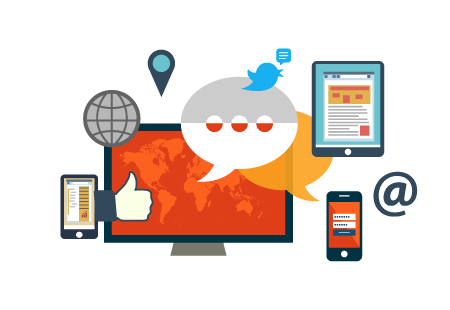Topics
How Mobile Technology is Helping the Healthcare Industry

Mobile technology is eveywhere. People use their cell phones to make calls, take pictures, get directions and even order merchandise. With all of the conveniences of a mobile device, it was only a matter of time before industries and companies alike were using the technology in the day-to-day operations of business. Industries such as apparel and retail, hospitality and now even healthcare have adopted ways to use mobile technology to drive business results.
The Transformation of Healthcare
In recent years, the healthcare industry has experienced significant shifts due in large part to the Obamacare Act. This act has created changes in the North American healthcare market by providing a new way for doctors and healthcare providers to offer care and relate to their patients.
As with many industries, consumers are becoming increasingly technology-savvy. These consumers are also patients who have higher expectations for their healthcare. Patients have become more engaged in their own care and are apt to use technology to stay abreast of emerging trends within the industry. 96% of people in the industry say patient engagement is important to transforming healthcare.
The Challenge of Mobile Adoption
While most healthcare organizations recognize the importance of mobile technology in patient care, only a handful have put a plan in place. Only 52% of organizations have integrated mobile technologies for patient care and nearly a quarter of healthcare companies have started to research but have no immediate plans to implement an initiative.
Hospitals have a tremendous need for connected devices and healthcare IT solutions. Challenges arise when trying to manage multiple companies connectivity for different devices, different communication protocols, and different workflows.
In addition to challenges with connectivity, many companies experience road blocks for mobile technology implementation. Financial constraints, security concerns, privacy issues and training support staff on new technology rank among the top reason for slow or no adoption.
The Success of Connected Healthcare
Companies that do adapt successful mobile technology initiatives have seen positive results:
- 15% decrease in emergency room visits
- 20% decrease in emergency admissions
- 14% decrease in elective admissions
- 14% decrease in day beds
Wellness and proactive care are gaining traction, and therefore, the focus is on diagnosis, monitoring and prevention; connected healthcare and mobile technology will be the cohesive force that will allow collaboration in the healthcare sector among patients and their healthcare provider. When patients are more involved in their healthcare plan, they tend to utilize hospitals less, saving hospitals time and money.
A Kaiser Permanente pilot project using text message appointment reminders resulted in 1,873 fewer appointment no-shows which equated to a total cost savings of over $275,000 at just one single clinic.
Mobile technology and connected devices are still a relatively new concept in the healthcare industry but one that companies need to adopt sooner than later. Technology, especially mobile, is ever changing and shaping the way companies do business.
Resources
"Whitepaper: Connected Healthcare Devices, a Primer." Available at https://go.cgsinc.com/frost-sullivan-healthcare-devices
"Infographic: How to Meet 2015 Goals Using Mobile Technology". Available at https://www.cgsinc.com/en/resources/how-meet-2015-goals-using-mobile-technology


